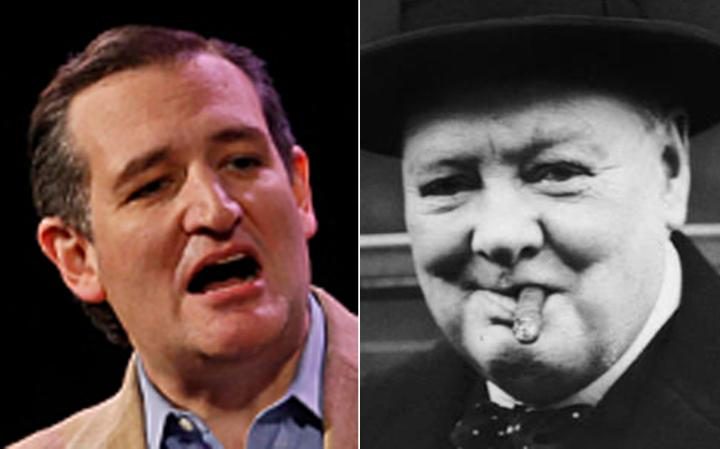Marshall: “Noblest Roman of Them All”
Johns Hopkins University Press releases this month the seventh and final volume of The Papers of George Catlett Marshall: “The Man of the Age,” October 1, 1949 – October 16, 1959. It was masterfully edited by Mark Stoler and Daniel Holt under the auspices of the Marshall Center. It joins its predecessors presenting the papers of one of the greatest generals and statesmen of his age (1880-1959). I quickly assigned it for review by the Hillsdale College Churchill Project, for its many references to Churchill in George Marshall’s final phase. This and the previous volume are indispensable for anyone wishing to understand the complicated international scene immediately after World War II.…








